The recent anti-corruption protests in Kampala have starkly revealed the Uganda Human Rights Commission’s (UHRC) appalling incompetence and blatant disregard for its mandate. On July 23, 2024, a plain-clothed security operative’s barbaric act of dragging a female protester encapsulated the brutality faced by activists asserting their constitutional rights. This shameful episode exposes the UHRC’s shocking failure to protect those it is meant to defend.
The protesters, chiefly from the Gen Z Uganda Chapter, were targeting Uganda’s endemic corruption. Their peaceful protest was met not with protection but with violent suppression from security forces, demonstrating the UHRC’s catastrophic failure. Mr. Thomas Bagonza, LCIII chairperson of Wandegeya and a central figure in organizing these protests, has accused the UHRC of flagrant negligence. The commission, which should be a bulwark against human rights abuses, has instead exhibited a grotesque indifference, allowing security agencies to commit egregious violations with impunity.
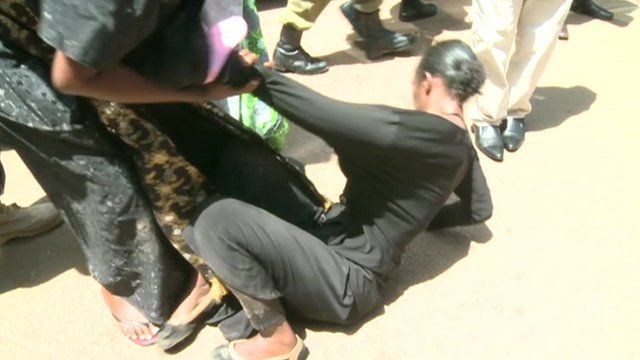
The Uganda People’s Defense Force (UPDF) and other security operatives unleashed unwarranted violence on the protesters. Over 50 demonstrators, including key leaders, were savagely arrested and are now imprisoned at Luzira. This state-sanctioned crackdown not only breaches the protesters’ rights but also undermines the very essence of democratic dissent.

Mr. Alex Luwemba, another vocal youth activist, has demanded that the UHRC launch an immediate investigation into these abuses. His call for the commission to prevent UPDF interference and hold security agencies accountable highlights a growing frustration with the UHRC’s ineptitude. The activists have issued a two-day ultimatum for the UHRC to respond, threatening to escalate their protests to the commission’s premises if their demands are ignored.
The UHRC spokesperson, Mr. Alex Bukumhune, has offered hollow assurances that the activists’ petition will be discussed at a future council meeting. This response is an inadequate gesture in light of the urgent need for decisive action. The commission’s history of procrastination and ineffectiveness casts severe doubt on its commitment to human rights. Its failure to act swiftly and decisively has only amplified skepticism about its integrity and function.
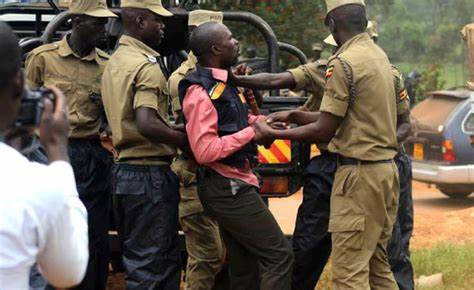
Justice Mariam Wangadya, the UHRC chairperson, has recently urged the government to promptly bring those arrested before the courts and consider their release without charge. Although this is a nominally positive step, it is woefully insufficient and arrives far too late. The UHRC’s chronic passivity and ineffectiveness have exacerbated the crisis, rendering its responses little more than empty rhetoric.
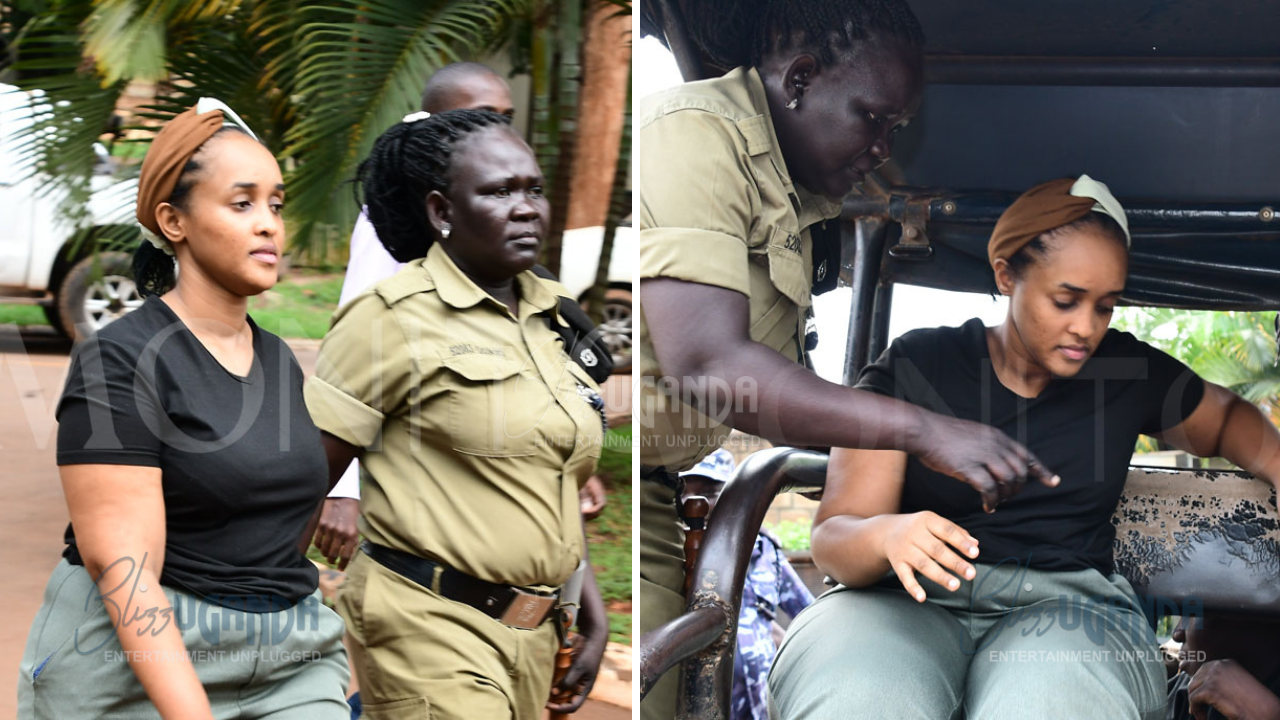
The current situation starkly illustrates a severe disconnect between the constitutional guarantees of rights and the harsh realities for those challenging the regime. The protesters, merely seeking to highlight the blight of corruption, have been met with egregious violence. This disturbing trend exposes a deeper malaise within Uganda’s security and human rights infrastructure.
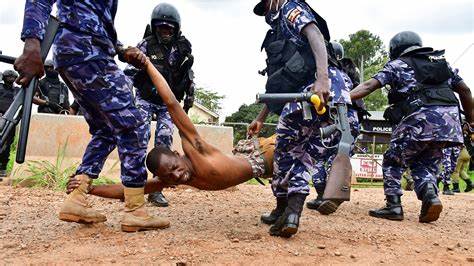
The UHRC’s egregious inaction and the government’s oppressive tactics underscore a systemic collapse within Uganda’s human rights framework. The commission’s dismal performance and the state’s violent crackdown are not just failures but deliberate assaults on democratic engagement and accountability.

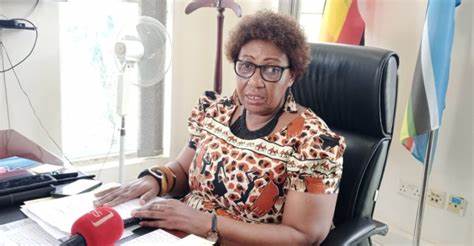


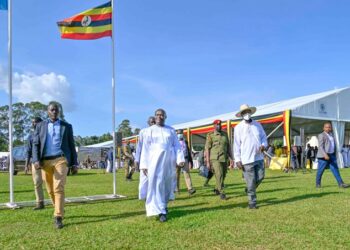


Discussion about this post